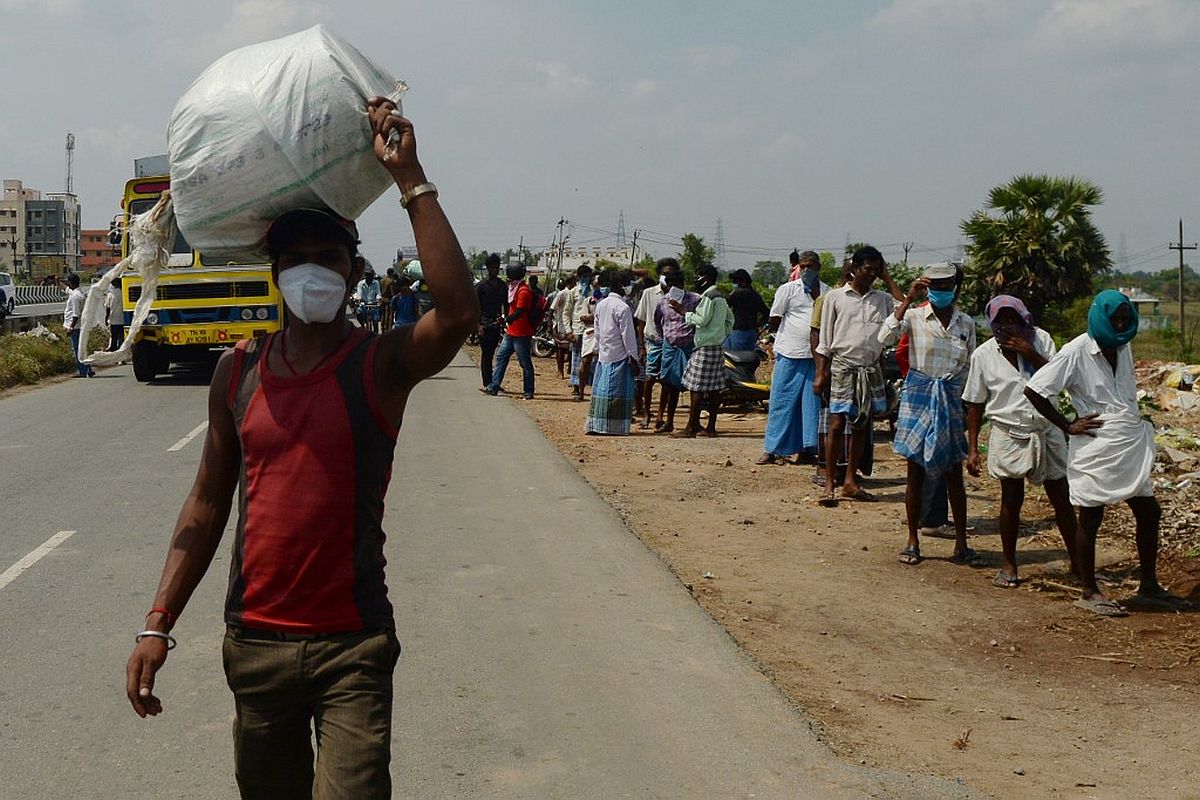Among the many dubious firsts logged by the government in managing the first session of Parliament after the outbreak of the coronavirus epidemic, its reluctance to share data relating to the impacts of the disease in the past six months must disturb citizens the most. The government told Parliament that 10.5 million workers had left for home during the lockdown but said it did not know how many had died on the journey, or who, if anyone, had been compensated. The government claimed further to not know how many workers had lost their jobs, nor how many policemen had died from Covid. It also did not know how many MSME enterprises had shut down since March, nor how many workers had committed suicide. Asked for details of healthcare professionals who had been infected by the disease and those who had died as a result, the Government said it did not have the information. This incredible admission was countered almost immediately by the Indian Medical Association that published a list of 382 doctors who had died of Covid and asked that they be treated as martyrs. In an uncharacteristically harsh denouement of the Government, the IMA termed the Health Minister’s admission as “abdication of duty and abandonment of the national heroes who have stood up for our people.” It said: “No nation has lost as many doctors and healthcare workers as India. Doctors suffer four times the mortality of ordinary citizens and private practitioners suffer eight times mortality on the same scale. To feign that this information doesn’t merit the attention of the nation is abominable.”
While this is not the first government to stonewall when asked inconvenient questions, nor will it be the last, the manner in which it managed the epidemic must be deemed part of a social contract that binds it to answering questions, especially when it has been patting itself on the back for a job it claims it did very well. This must of course beg the question ~ how can the government know it did well when it claims not to have much of the critical data based on which such a conclusion could be reached? Doubtless, there have been successes in India’s battle against the epidemic and certainly the low fatality rate and the high recovery rate are components of this success.
Advertisement
But they make up just one part of a story that has many dimensions. Unless governments at the Centre and in the various states introspect honestly on what they could have done better, no lessons will have been learnt on how to handle the next public health crisis. Either itself, or through the Niti Aayog, which is tasked with precisely this function, the Government should commission a White Paper on all aspects of its response to the epidemic and share it with citizens.











